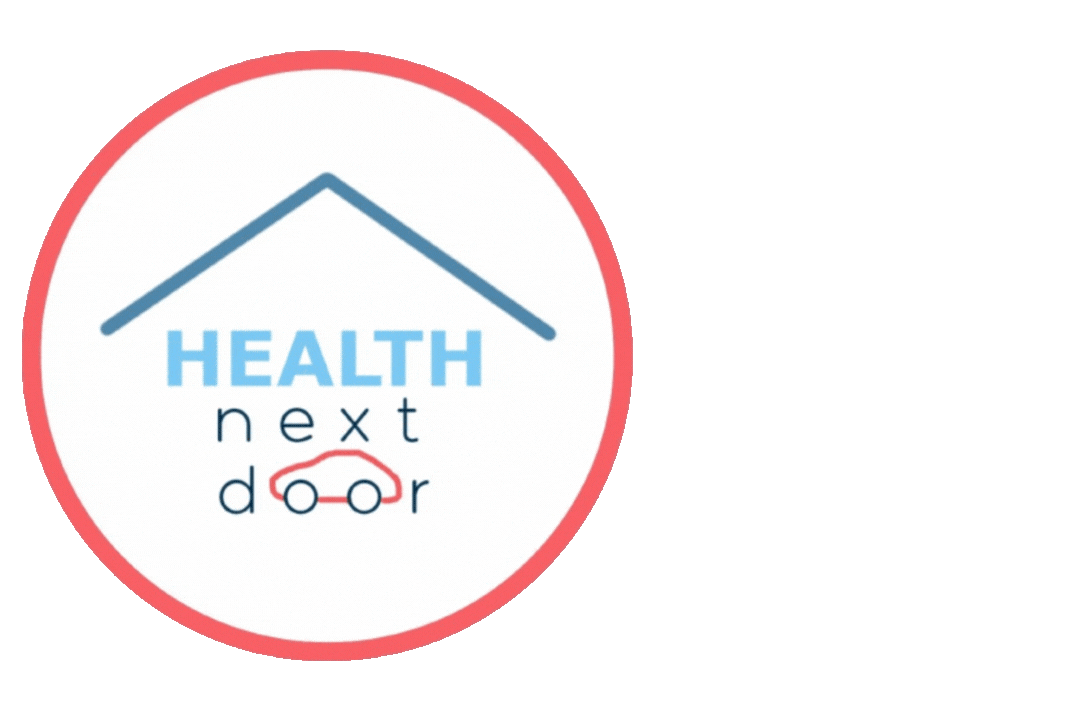What are some new Innovative Physiotherapy Solutions for NDIS Participants?

Physiotherapy plays a crucial role in improving the quality of life for individuals with disabilities. For NDIS participants, having access to innovative physiotherapy solutions is essential for achieving personal goals and maintaining independence.
In this blog post, we will explore some of the most innovative physiotherapy solutions that can benefit NDIS participants.
1. Telehealth Physiotherapy
Telehealth has revolutionised the way physiotherapy services are delivered. Through video consultations, NDIS participants can access expert physiotherapists from the comfort of their homes. This is particularly beneficial for those with mobility issues or those living in remote areas. Telehealth sessions include assessments, personalized exercise plans, and real-time feedback to ensure effective treatment.
2. Wearable Technology
Wearable technology, such as smartwatches and fitness trackers, has become an integral part of physiotherapy. These devices monitor physical activity, heart rate, and other vital signs, providing real-time data to physiotherapists. This information helps in creating personalized exercise plans and tracking progress over time. For NDIS participants, wearable technology can be a game-changer in maintaining and improving their physical health.
3. Virtual Reality (VR) Therapy
Virtual reality is an emerging tool in physiotherapy, offering immersive experiences that make rehabilitation more engaging and effective. VR therapy can simulate various environments and activities, allowing NDIS participants to practice movements and exercises in a controlled, virtual setting. This approach is particularly useful for improving balance, coordination, and cognitive function.
4. Hydrotherapy
Hydrotherapy, or aquatic therapy, involves performing exercises in a pool. The buoyancy of water reduces the strain on muscles and joints, making it easier for NDIS participants to perform movements that might be difficult on land. Hydrotherapy is excellent for improving strength, flexibility, and cardiovascular fitness while minimising the risk of injury.
5. Assistive Devices and Adaptive Equipment
The use of assistive devices and adaptive equipment can significantly enhance the effectiveness of physiotherapy for NDIS participants. From mobility aids like walkers and wheelchairs to specialized exercise equipment, these tools help individuals perform exercises safely and independently. Customised solutions ensure that each participant receives the support they need to achieve their rehabilitation goals.
6. Robotic-Assisted Therapy
Robotic-assisted therapy is a cutting-edge approach that uses robotic devices to assist with movements during physiotherapy sessions. These devices can provide precise, repetitive movements that help in the rehabilitation of motor function. For NDIS participants with severe mobility impairments, robotic-assisted therapy offers a promising solution for regaining movement and independence.
7. Personalised Exercise Programs
Every NDIS participant has unique needs and goals, and personalized exercise programs are essential for effective rehabilitation. Physiotherapists at Health Next Door work closely with participants to develop customised exercise plans that address their specific challenges and objectives. These programs are regularly updated based on progress and feedback to ensure optimal outcomes.
Conclusion
Innovative physiotherapy solutions are transforming the way NDIS participants receive care and support. By leveraging technologies like telehealth, wearable devices, virtual reality, and robotic-assisted therapy, Health Next Door is at the forefront of providing cutting-edge physiotherapy services.
These innovations not only improve physical health but also enhance the overall quality of life for NDIS participants, helping them achieve their goals and maintain their independence.
For more information on how Health Next Door can assist you with innovative physiotherapy solutions, contact us today!


.png?width=50&height=50&name=WhatsApp_Image_2024-03-29_at_13.48.58_f7740a48__1_-removebg-preview%20(1).png)